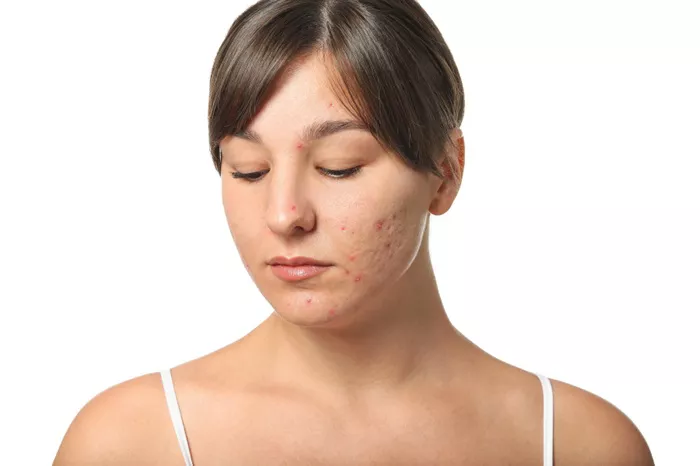Facial puffiness is a common concern, with many seeking remedies through de-puffing masks, eye creams, and other skincare routines aimed at a more contoured appearance. Recently, TikTok users have popularized the term “cortisol face,” attributing round faces, puffiness, and acne to elevated cortisol levels, the stress hormone. However, experts offer a nuanced view.
Cortisol, produced by the adrenal glands, is crucial for regulating stress responses and metabolism. Dr. Divya Yogi-Morren of the Cleveland Clinic explains that cortisol is essential for various bodily functions and that a deficiency can be life-threatening. Dr. Mehboob Hussain of UC Irvine Health adds that while excess cortisol can cause facial rounding, this is not a common outcome of everyday stress.
Elevated cortisol levels can result from medical conditions such as Cushing syndrome, which may cause a round face, acne, and thinning skin. Prolonged use of high-dose cortisol medications is a frequent cause of Cushing syndrome. Other conditions like polycystic ovary syndrome (PCOS) and obesity may also contribute to similar symptoms.
TikTok claims linking cortisol to under-eye circles and acne are partly accurate but often exaggerated. Elevated cortisol can lead to acne through increased androgens, which boost oil production and pore clogging. For under-eye circles and thinning skin, these symptoms are more likely associated with Cushing syndrome, which requires medical diagnosis and treatment.
For accurate diagnosis and treatment, consult a healthcare provider rather than relying on social media. While stress management and lifestyle changes can help with general puffiness and acne, conditions like Cushing syndrome require professional evaluation and cannot be managed through at-home remedies alone.
Related topic:
How to Get Rid of White Spots Under Eyes?
8 Ways to Treat Acne Under Eyes


